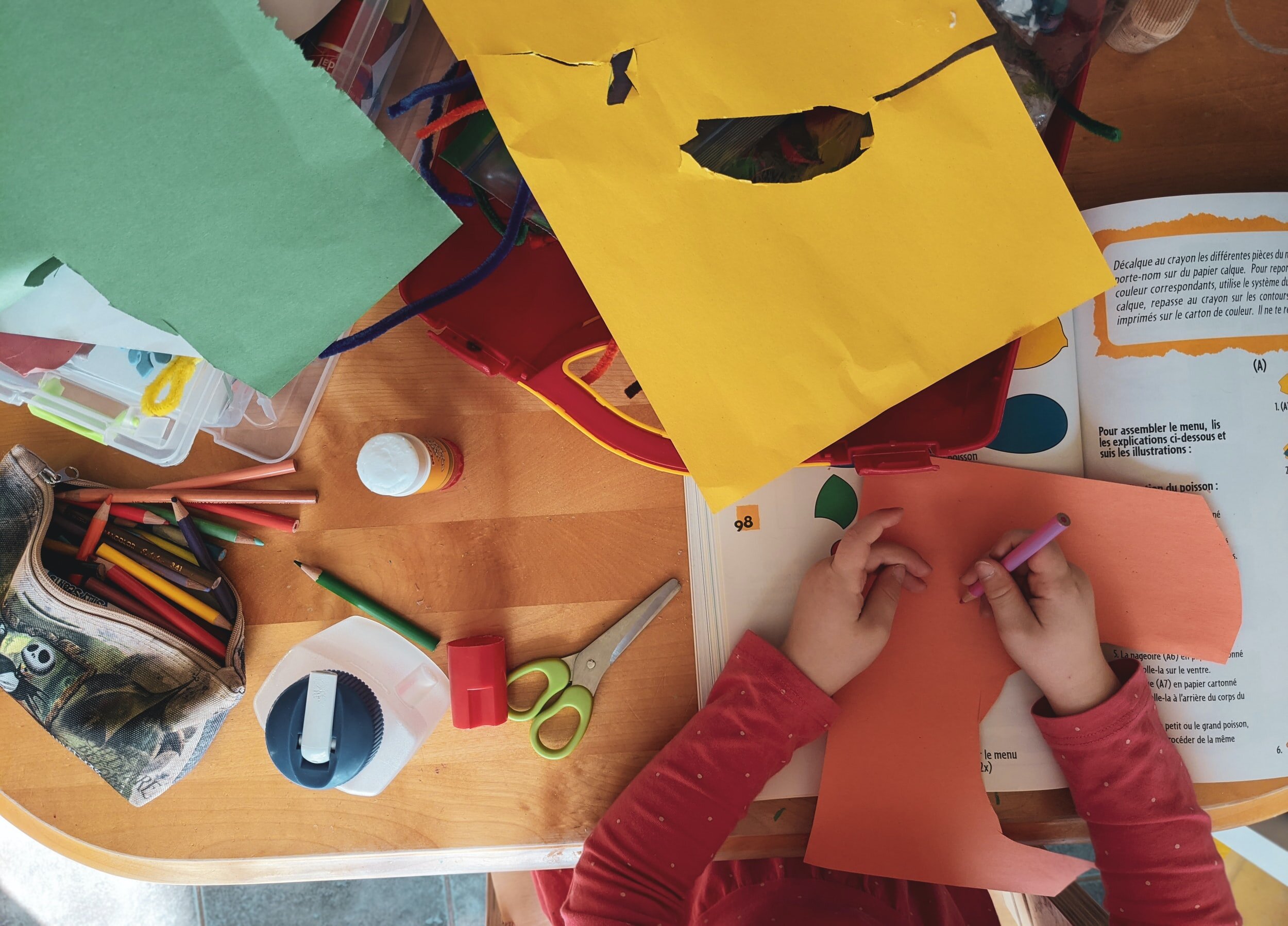How Can I Support My Child's Learning Goals At Home?
Written by Abena Sey
September 19, 2021
If you’re looking for ways to support your child’s learning goals at home, consider these 3 suggestions to get you started.
1 - Maintaining communication with your child’s teacher is an initial step in supporting your child’s learning goals. Teachers communicate with parents through email, newsletter, phone call, website, or the school authority’s learning management system. The information shared through their communications could include the classroom expectations, content learned, assessments, resources to support your child and school events. Stay in touch with your child’s teacher to keep updated on this information and to know what is expected of your child at home. With this knowledge, you can be proactive by putting routines in place at home to meet these expectations. Start building this important relationship early in the school year!
2 - The next step to supporting your child’s learning goals is to inquire about your child’s progress in school with respect to their academics and social/emotional development. You can learn valuable information that will inform the decisions you make to help your child succeed. I highly recommend that you touch base with your child's teacher before report cards are sent home. This may be an appropriate step, if your child's teacher hasn't already reached out to you regarding your child’s progress beforehand. It will be to your child's advantage to develop plans early on to support them in their specific area of need. You can send an email inquiry, or request a phone call or meeting earlier in the first term of school year, if you don’t receive a progress report before then. Pay close attention to what the teacher shares, and ask what resources are available to support.
3 - The final tip to supporting your child’s learning at home concerns your family’s schedule. Oftentimes, families may have before school routines that help get everyone out the door for school, but may neglect to create an evening routine that supports learning. The window of time between after school and bedtime is precious. It is valuable time that can easily be wasted, or stress inducing, if it is not planned for appropriately. My recommendation is that families establish after school routines that create a balanced schedule that incorporates rest or downtime after school, enrichment activities based on your child’s interests, and time for continued learning. Continued learning can be reading, homework / tutoring, hobbies and other personal interest activities, such as music or art lessons. An evening routine will bring peace and order in your home. Routines are important for children’s success in the classroom, and are especially important at home. Children thrive on routine! A routine will help your child have structure and calm. When creating routines, decide what activities to include and which ones you are able to put off for another time. Also, include moments in the evening for daily reading at home, whether this is right after school as a homework routine, or as part of a bedtime routine. For instance, at the preschool / kindergarten level, your child may be expected to do daily reading at home with a parent and to document it in a reading log. Create an after school / evening routine that incorporates reading and an opportunity to complete the reading log. This will help your child practice setting a reading goal and being accountable. Tracking your child’s progress with a reading log helps to keep your child motivated to achieve their reading goals. Ensure that your after school routine includes daily reading in the schedule. Reading is essential to your child’s literacy and language development. Strengths in literacy lead to academic progress. This is a helpful practice that you can implement to support your child's learning goals at home.
You can support your child’s learning goals at home! Ensure that you communicate with your child’s teacher to learn about your child’s academic and social / emotional progress early on in the school year and take action. Next, create an after school routine that helps your child work towards their learning goals. These are three initial steps to take to help your child feel supported and motivated to achieve their learning goals!

